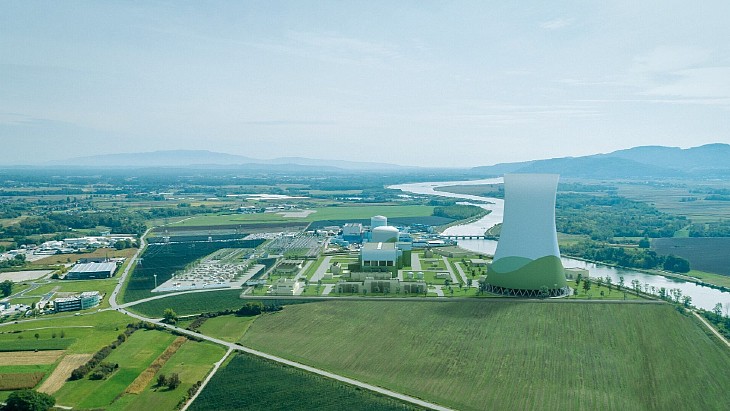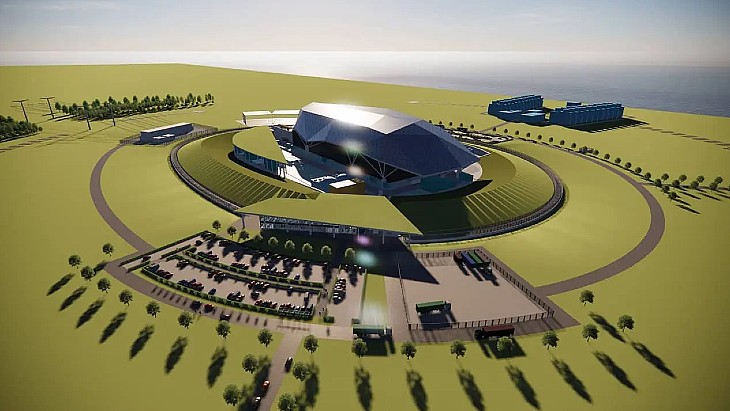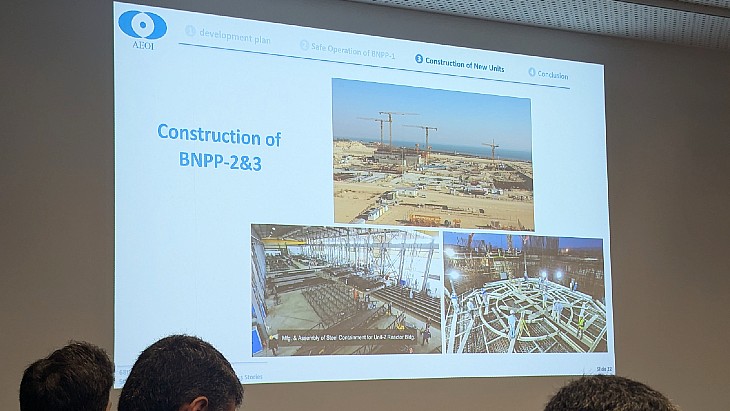Slovenia's prime minister calls summit, seeks nuclear consensus

Slovenia has plans to build a new nuclear power plant - the JEK2 project - with up to 2400 MW capacity next to its existing nuclear power plant, Krško, a 696 MWe pressurised water reactor which generates about one-third of the country's electricity and which is co-owned by neighbouring Croatia.
A working group of Slovenian government ministers and industry officials was established in September with the aim of speeding up the implementation of the project and preparing "all the necessary bases for citizens to make high-quality and informed decisions" about it in a referendum which the government says is needed for the project to happen. Last week the country's main opposition party proposed an early consultative referendum on the project and the prospect of small modular reactors elsewhere in the country.
The planned timeline is for a final investment decision on JEK2 by 2028, with the aim of new capacity coming online in the 2030s.
On Wednesday, the prime minister's office announced the prime minister has invited the country's President, Natašo Pirc Musar, the National Assembly's President, Urško Klakočar Zupančič, as well as the presidents of the parliamentary parties and MPs from Italy and Hungary to a meeting about JEK2 where those attending "will address the question of how to set up the decision-making process on the construction of the second block of the nuclear power plant". According to Slovenia's STA news agency, the meeting will take place next Tuesday.
In October, GEN Energy CEO Dejan Paravan said there were three technology providers being considered for the project - Westinghouse, EDF and Korea Hydro & Nuclear Power - who all had strengths and "the decision will not be easy".
During a visit to the site by National Assembly members last week, Paravan said: "We are focused on accelerating the implementation of all preparations for the JEK2 project ... public support for the construction of the second unit of the nuclear power plant is growing. I see the reasons for this both in the energy crisis and the awareness of the need for self-sufficiency, as well as in discussions about decarbonisation and the green transition and the role of nuclear energy in this."
_92619.jpg)

_84504.jpg)







_88592.jpg)

